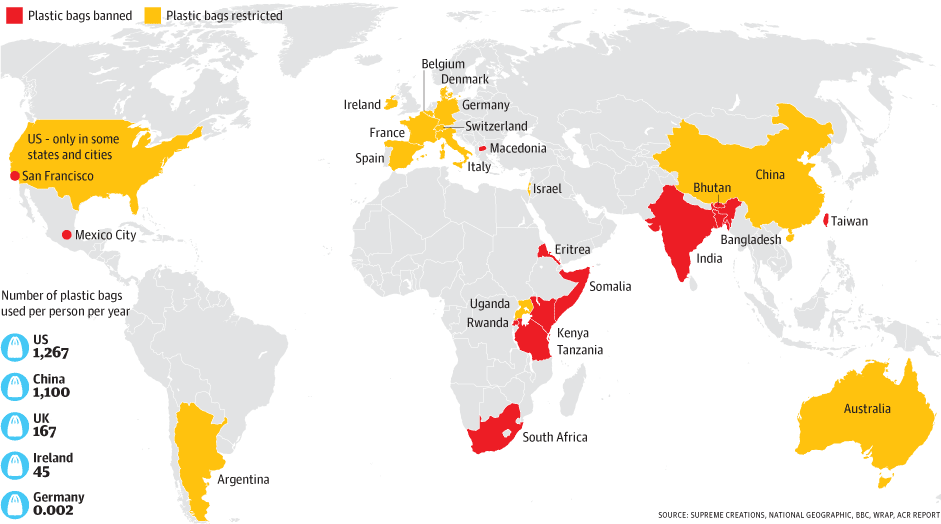I know most of my recent posts have related to things I
approve or need my tax dollars to do. Although I originally planned to write
this post about an expenditure I do not approve of, I was so appalled by what I
read in this NY
Times editorial that I needed to share it.
When a natural disaster like Hurricane Sandy strikes the
United States, a federal body called the National Response Coordination Center
heads recovery efforts. The umbrella organization of the Federal Emergency
Management Agency (FEMA), the Coordination Center decides how to allocate and
distribute various forms of aid. It also assists with any evacuations. As a
federal body, it has vast resources and authority at its disposal. Furthermore
if states are already distressed or without means of communication during or
after a storm, it is one fewer things the state has to deal with. The state is
already in enough trouble; it should not have to orchestrate aid efforts as
well.
Flooding of the subway system has brought New York City to a standstill: schools are closed, Wall Street vacant, hospitals evacuated and people trapped in upper-story apartments without power. Under Romney's plan, how is a state capital under water supposed to coordinate an effective emergency response without power and transportation?
Photo credit: http://inhabitat.com/nyc-public-transit-system-crippled-after-hurricane-sandy-causes-widespread-flooding/
Romney, however, wants to eradicate the National Response
Coordination Center and shift emergency management not even to the states but
to the private sector. Consequently “profit-making companies,” rather than the
federal government, would control the emergency response. Because it makes a
lot of sense to have people’s safety, evacuation and aid be in the hands of
businesses out to make a buck. Who’ll get the bottles of water, blankets and
protein bars? Those who can pay for it.
Yes, because Massachusetts expect to experience hurricane-strength storm surges and thus it's our fault the coastline got slammed. (Winthrop, MA)
Photo credit: http://www.nydailynews.com/news/hurricane-sandy-strikes-east-coast-gallery-1.1194577
The author, whose name was nowhere to be found on the
editorial itself, explained why Republicans despite nationally-overseen
emergency management: “Many don’t like the idea of free aid for poor people or
they think people should pay for their bad decisions, which this week includes
living on the East Coast.”
Excuse me!?
Hurricane Katrina crippled Louisiana. The West confronted
massive wild fires all last summer and into the fall. Tornadoes rip through the
Midwest. Earthquakes vex the West Coast. Blizzards shut down much of the North.
Every part of the country experiences some form of natural disaster; there is
no “safe” state. A natural disaster is no one particular person’s fault. Yet
when their states get affected, they come crying for federal aid and financial
assistance. How totally hypocritical. You don’t want federal aid? Fine, then
don’t take it. See how effective the response is. Like health care, emergency
management is not something that belongs in the private sector. It belongs to
the federal government.
Even the city that never sleeps is no match for a hurricane.
Photo credit: http://www.theatlantic.com/infocus/2012/10/hurricane-sandy-after-landfall/100396/
I approve my tax dollars to do that: fund FEMA and the
National Response Coordination Center.


























